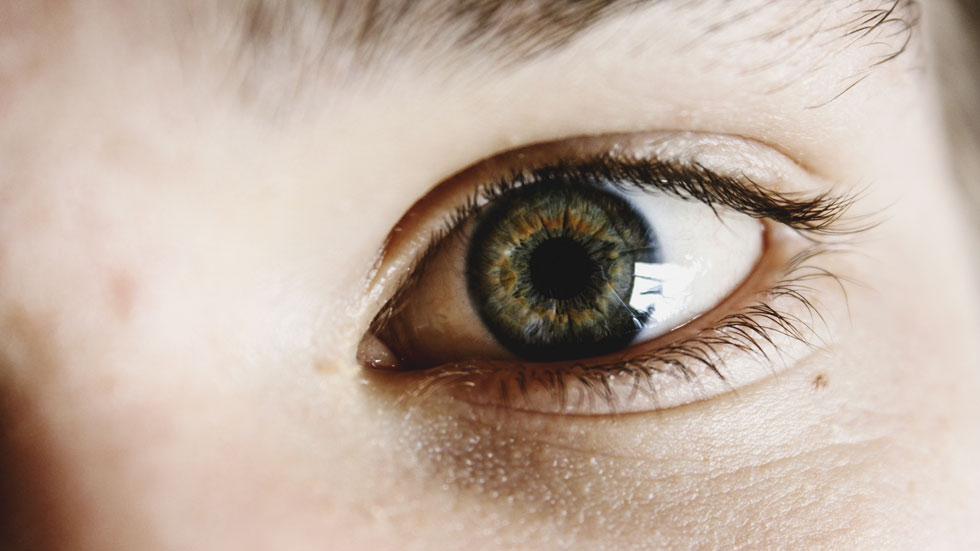A team of researchers from Rockefeller University and University of Vienna sort of proved that people can see individual photons #todaymagic
What does “sort of proved” mean? Well, they tested their theory on three men, in their 20s. All of them took about 30.000 tests only to come up with almost inconclusive results: just 51.6 percent of the time the subjects “felt” the photons in extremely dark conditions. That said, the test could be the beginning of a more extensive study that would bring about wonderful conclusions on how to replicate this on machines.
Nowadays, high-tech machines struggle to identify one photon: “[When it comes to human eyes] The response that the photon generates survives all the way to the level of our awareness despite the ubiquitous background noise. Any man-made detector would need to be cooled and isolated from noise to behave the same way.”, explains researcher Alipasha Vaziri, from Rockefeller University.
If you were put to the test, your cells would detect light as they become more sensitive in the dark, even though you wouldn’t see it per se. “The most amazing thing is that it’s not like seeing light,” Vaziri told Nature in an editorial accompanying the paper. “It’s almost a feeling, at the threshold of imagination.”
Now, that there’s a chance you can actually sense photons, Vaziri and his team wants to see if eyes can do much more like respond to light in various quantum states.
Follow TechTheLead on Google News to get the news first.

























